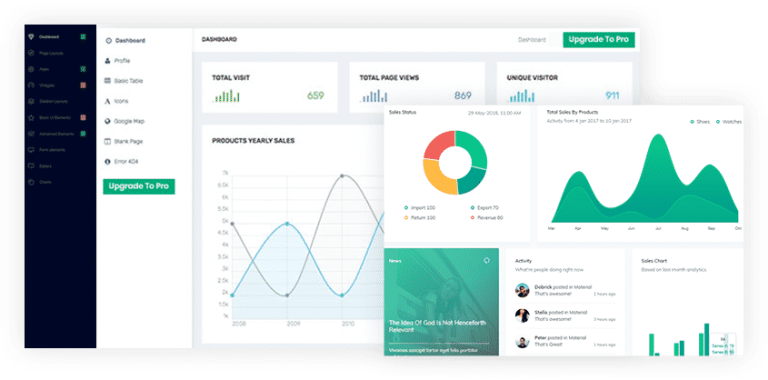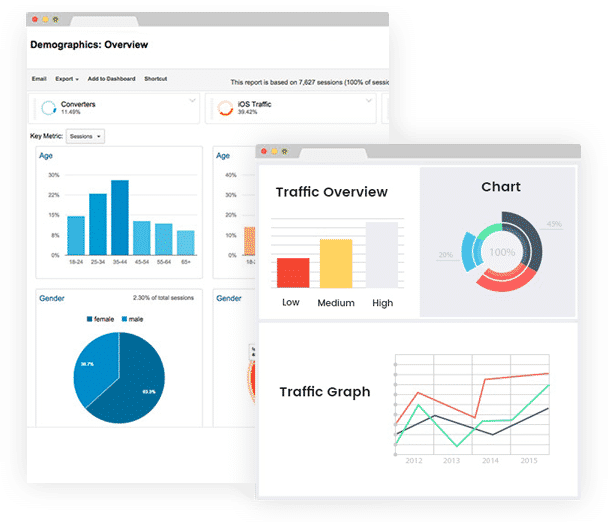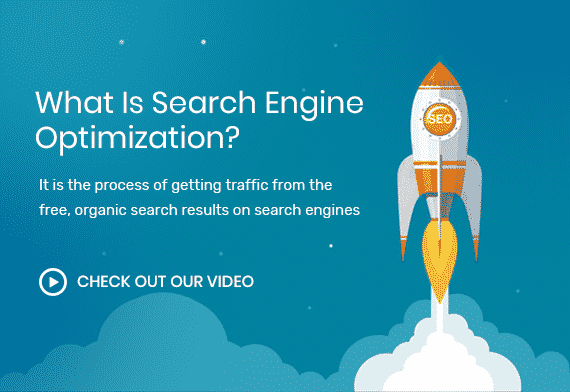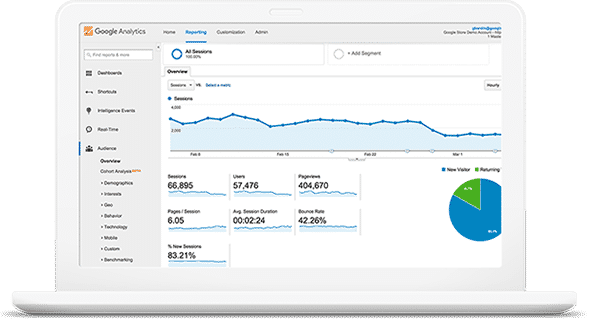The ads then appear in the sponsored links section of a search engine’s results page and a small fee is paid each time someone clicks on them. It can also be repurposed and shared on social media, through email, and in other formats. It’s important to note that some of these strategies can be considered black hat, which can lead to penalties from search engines. According to Lindsay Tjepkema, amplification expert and CEO of Casted, the next generation of marketing is all about putting conversations at the center of your content strategy. It then uses those conversations to capture and amplify expert perspectives across multiple channels. This allows you to stay ahead of your competition. It includes a variety of elements, including color, layout, and typography. Tjepkema says amplified marketing starts by identifying the humans you want to connect with and their preferences well enough to create high-value content that will answer their questions and solve their problems. This allows your business to reach potential customers during all phases of the customer journey. Unlike SEO, you can change your SEM strategy on the fly as you see how it is performing. PPC, or pay-per-click, is a type of digital advertising that allows marketers to bid on the keywords they want to appear for. It also works well across desktops and mobile devices. SEO (search engine optimization) is the process of creating content that satisfies Google’s expertise, authority, and trust (EAT) requirements, which satisfy searchers' needs. The more high-quality and trustworthy sites that link to your site, the higher your content will appear on search engine result pages. And while a high-ranking SEO campaign can help you earn more clicks than PPC (paid advertising) ads, it’s important to note that organic positions are earned.




